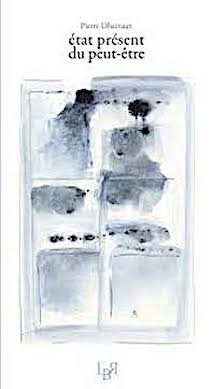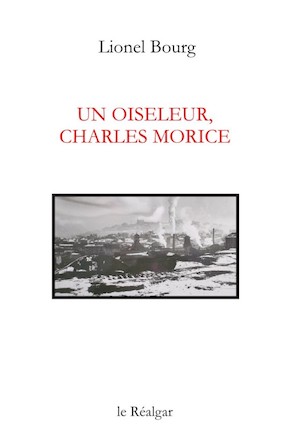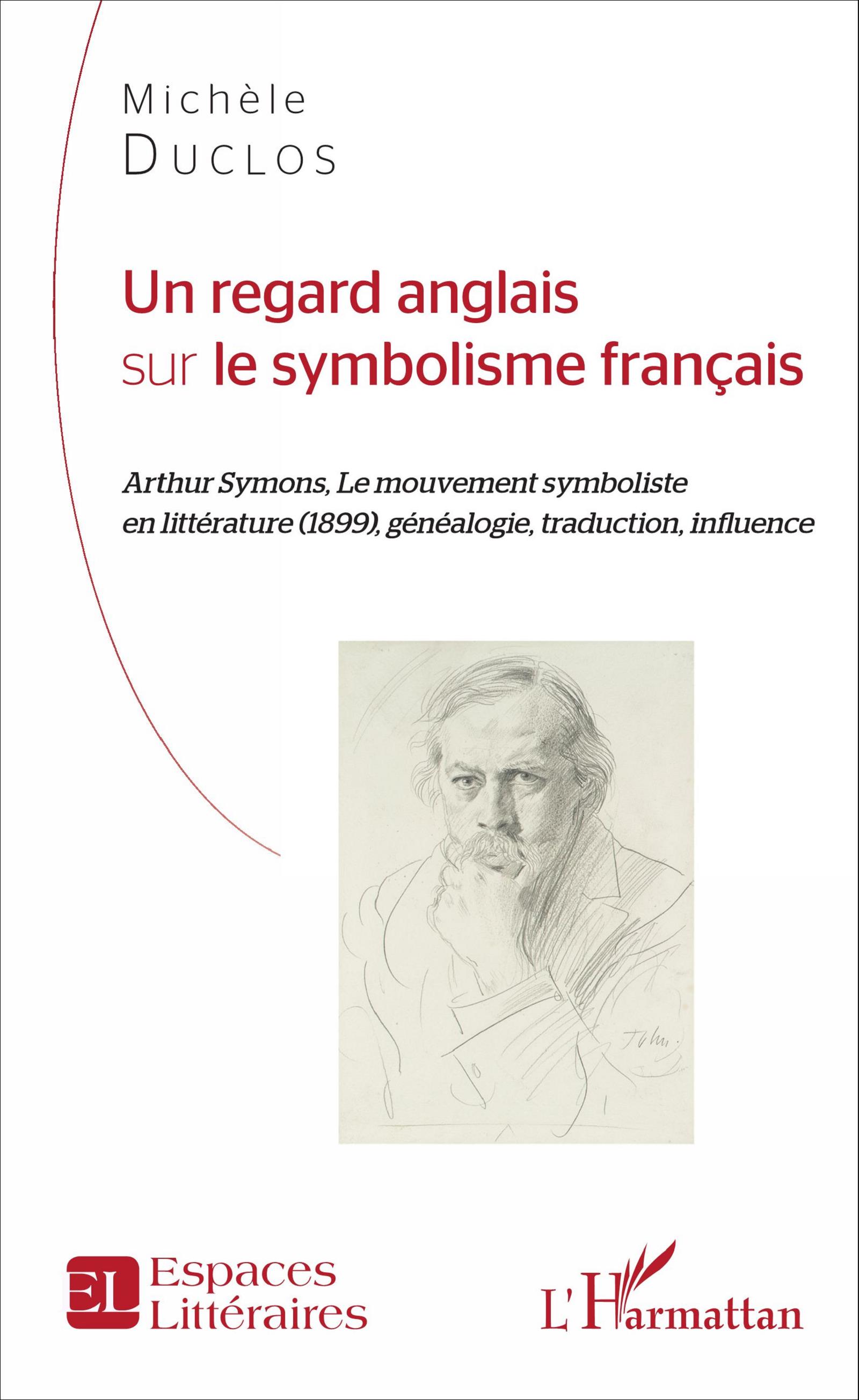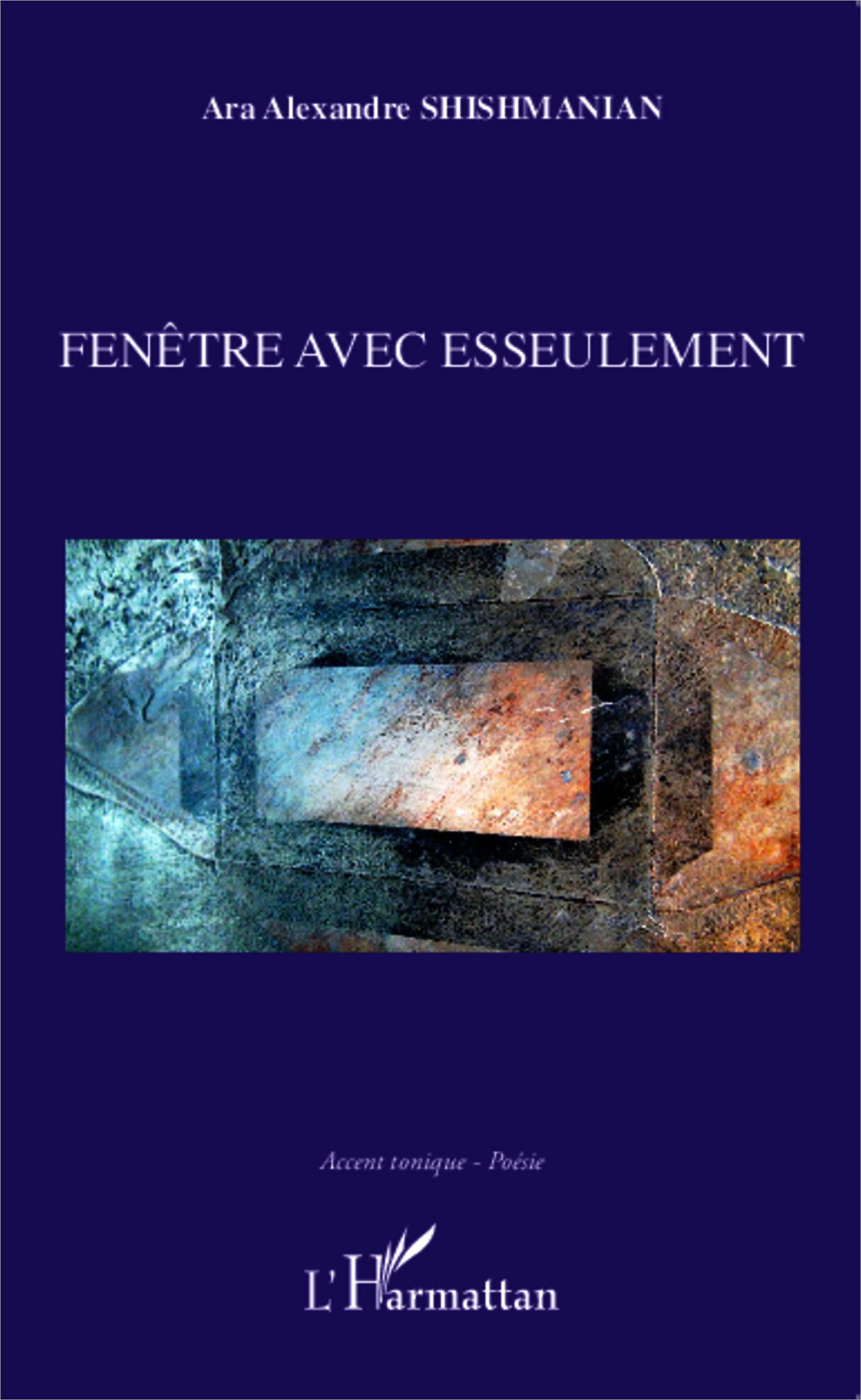The moment when a person is stricken by the presence of sadness. People can carry it around in themselves all day long and they don’t know if they are afraid to define that sadness or is it just that existential anxiousness. But from time to time every inner compass stops showing north and where the unique coordinates are that surround all its tiny, already crossed paths as well as those other, mostly fictitious paths. Actually it only recognizes it every now and then because it is always present.
I can’t think of a more beautiful and more real description of sadness than that in the story called Sadness by A. P. Chekhov. A suffering coachman has no one to talk to about his sadness and the story about the external circumstances that caused this passive feeling is of no importance. The only thing that makes sense is the story about coincidental details and unknown people. In these two categories the sadness may spill into an impersonal sea and a final indifference, but not into a sunset. This son, the son of the man, Jon’s son died and there is the cold Russian winter, exactly like the winter we imagine in a romantic speech of a literature professor or in a sugar-coated movie: The night is long too and there is no place for the story or the coachman’s lamentation—except in the presence of animals, the always present comfort for the lonely. Sadness is silent, so it doesn’t fit the people’s language, it does not occur, when you talk about it, but it occurs in a completely unimportant, banal moment like for example the noise of some unexpected guests, the time spend on the subway or the catching laugh of someone. Or a group of merry, perhaps a little bit drunk people, whose voices sound across an empty street…
Sadness is still present, but it is dispersed into periods of oblivion. It’s not appropriate to write about sadness, there’s nothing to say about it or just a few things perhaps, as if the emptiness changes into another emptiness. Sadness is like absence, like the absence of a person, whose name is only a shadow and a memory. Nevertheless, sadness does not equal fear, because sadness appears as a Post Festum of all possible experiences, or, again, the lack of it. Fear is the experience in the world of sadness, which resembles an absent ghost. I only saw a story once that couldn’t be titled anything else but “Sadness”. There it resembles a wave that is neither roaring nor does it disappear but is again and again flashing over an almost sleeping landscape we are looking at. It gives us comfort, because it lets us forget our own sadness. Jon’s son could be our son, the son of God, present and absent, dead, but very much alive in his father and in our memento mori, as wise philosophers of ancient times would say. Remembering death, live seems as distant as the untouched constellations, from there we are protected from any kind of sadness.
But sadness means silence, which is a paradox in itself because silence is almost a substance that accumulates either in the past or in the planned future. It is true that sadness can also be the future, an uncured virus or a cell compound in which a whole microcosm of organisms is drowning. And there is just one sadness, although it might look like it consists of many, at first sight different reasons, in the end it is always just one, instinctively implanted: it doesn’t exist without a body. But it is not physical. To extinguish a body means to extinguish the consciousness of sadness, but the sadness remains, because the body exists that is once going to be extinguished. Is sadness our in advance extinguished body? Or is sadness the consciousness of the body, independent from the mind ?
Jon doesn’t need to be real to become the flag bearer of sadness. When we step out on the street, we can see how many sad people wander around our cities. What can be said to these accidentally touched people. Is everything ok with your sadness? It exists, don’t worry?! It is all around us! The thought of that makes my hands cold and it feels like tiny pieces of ice are accumulating in my ears, cooling my eardrums. And my eye cavities fade away like a winter landscape. Absence. And the absence of sound.
And this consciously sad or unconsciously sad man meets an abandoned dog, someone who is like him, a participant in the undefined, but always present feeling. However, he chases the dog away, swearing and cursing it like he’s chasing an unpleasant ghost. An ant runs by and the man unknowingly tramples it to death and the cat gets hit by a car… When it comes to others we are blind, but the numb sadness stays with us. It only gets spilled when our skin spreads like a snowy wing.
Jon’s son isn’t sad anymore. His heart is warmed with metaphysics, but he doesn’t even know about it, when some new seed of life is already warming his heart and at the same time a new sadness is rising.
Can sadness be beautiful ? Like the death bride of romantic poets.
Translation from Serbian : Kozlevčar







